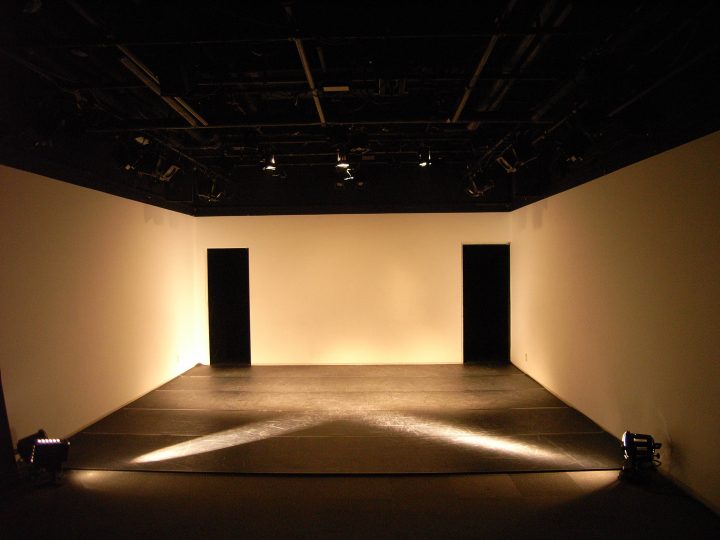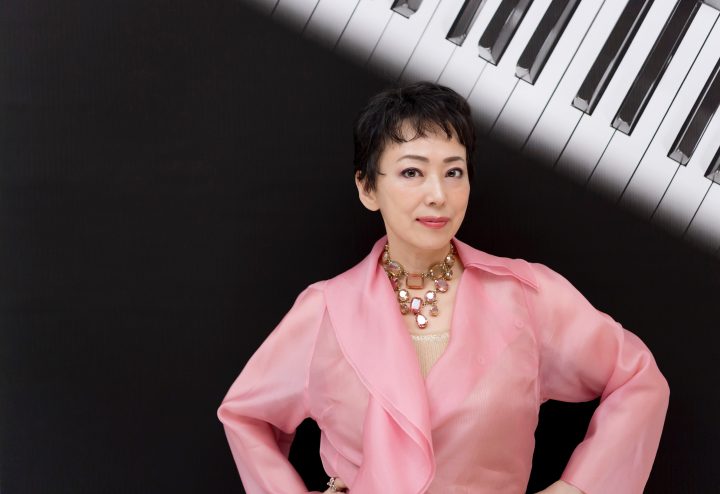Interview with Ogata Kanta! "Actor Ogata Ken and His Era" Exhibition
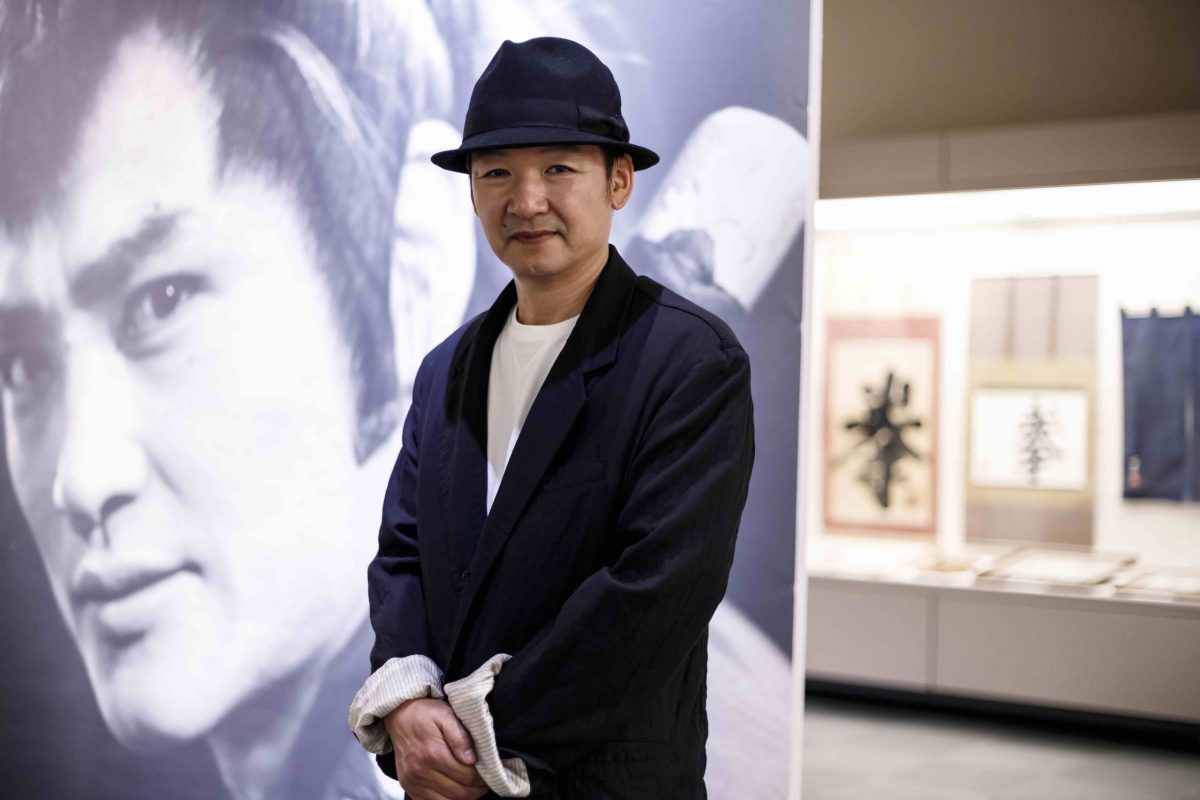
Actor Ogata Ken was active in a wide range of fields, from joining the Shinkokugeki Theater Company in 1958 until his death in 2008, including television dramas, films, and documentaries during the dawn and development of Japanese culture. This year marks the 13th anniversary of his death, and an exhibition titled "Actor Ogata Ken and His Era" is being held, showcasing the evolution of postwar Japanese popular culture through the many belongings he left behind. We spoke with his eldest son, Ogata Kanta, at the Yokohama City Museum of History, where the exhibition is being held.
We have also been given free gifts such as tickets, so please take the time to read through them!
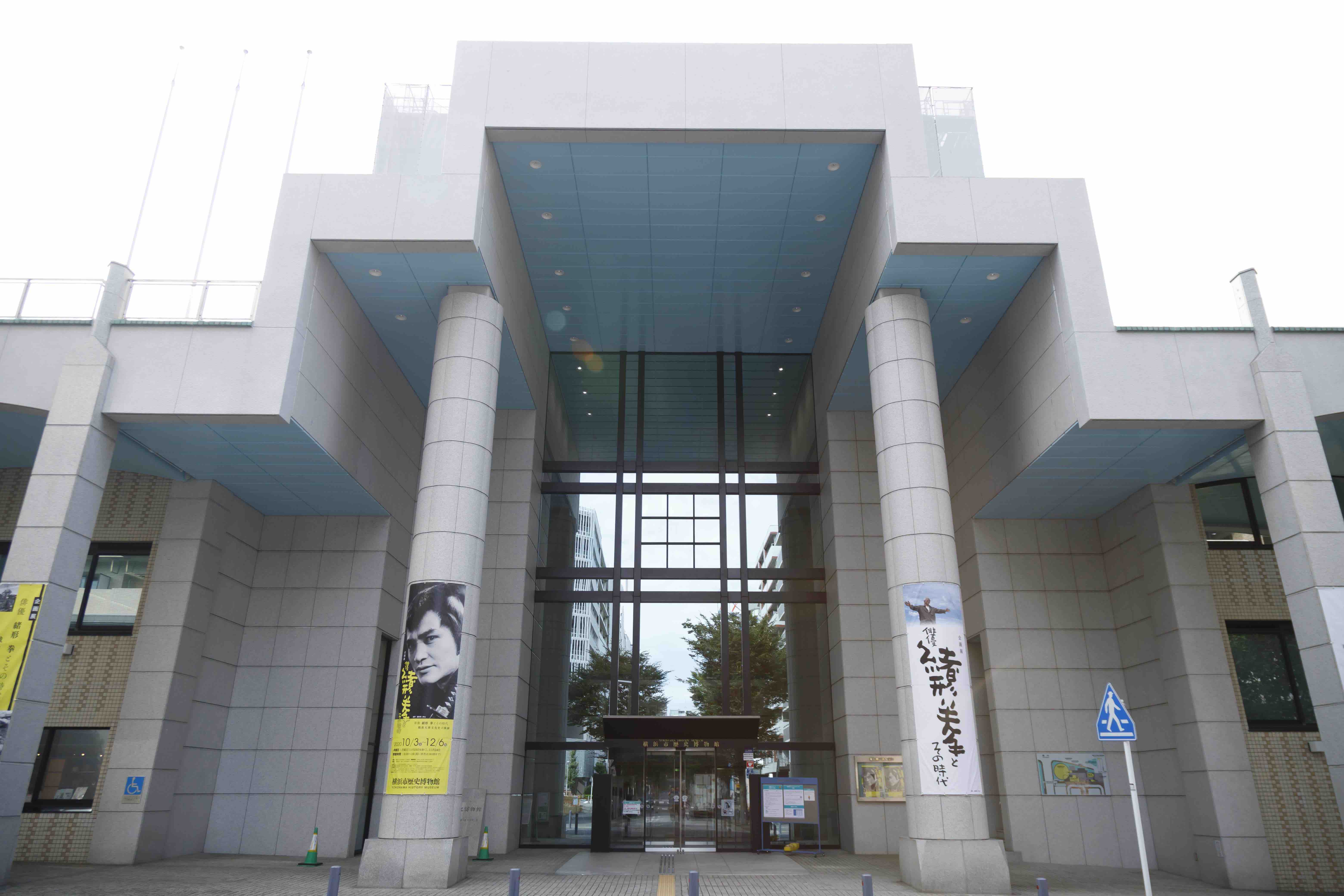
He left behind a great many things, including scripts, posters, props, and calligraphy.
My father is someone who just can't throw things away (laughs). He would keep even a small pencil, so even as a child I thought, "What a house with a lot of stuff!" (laughs). When we rebuilt our house about 30 years ago, we got rid of a lot of stuff, but we still have a wide variety of things left. You could say that this exhibition makes the most of my father's character.
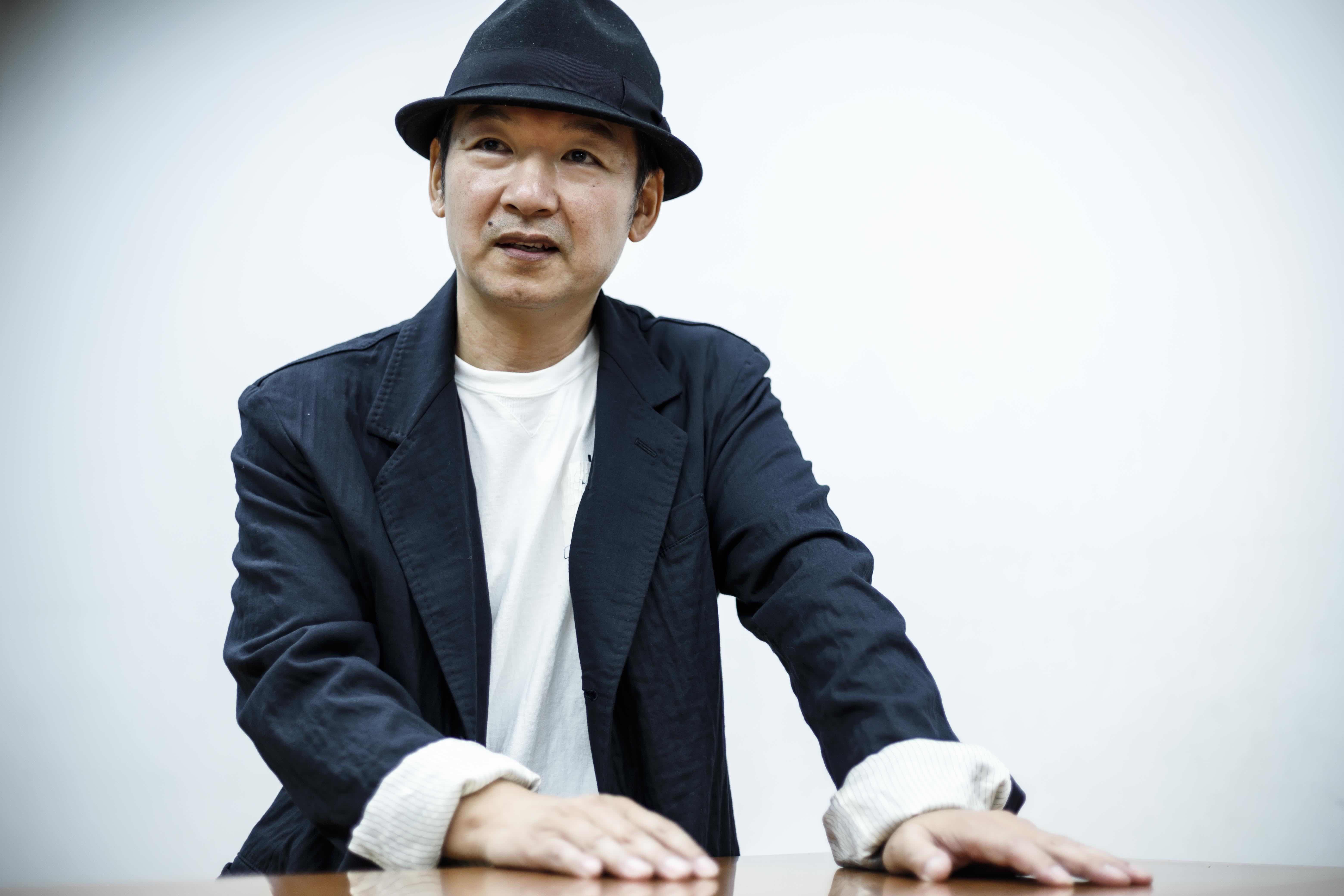
What prompted you to hold the exhibition?
It all started when the daughter of playwright Hideji Hojo, author of "Osho," introduced me to Professor Hiroomi Baba of Tokai University. I heard that Hojo also left behind a huge amount of material, and that Professor Baba had neatly organized it, so I decided to consult him about my father's belongings.
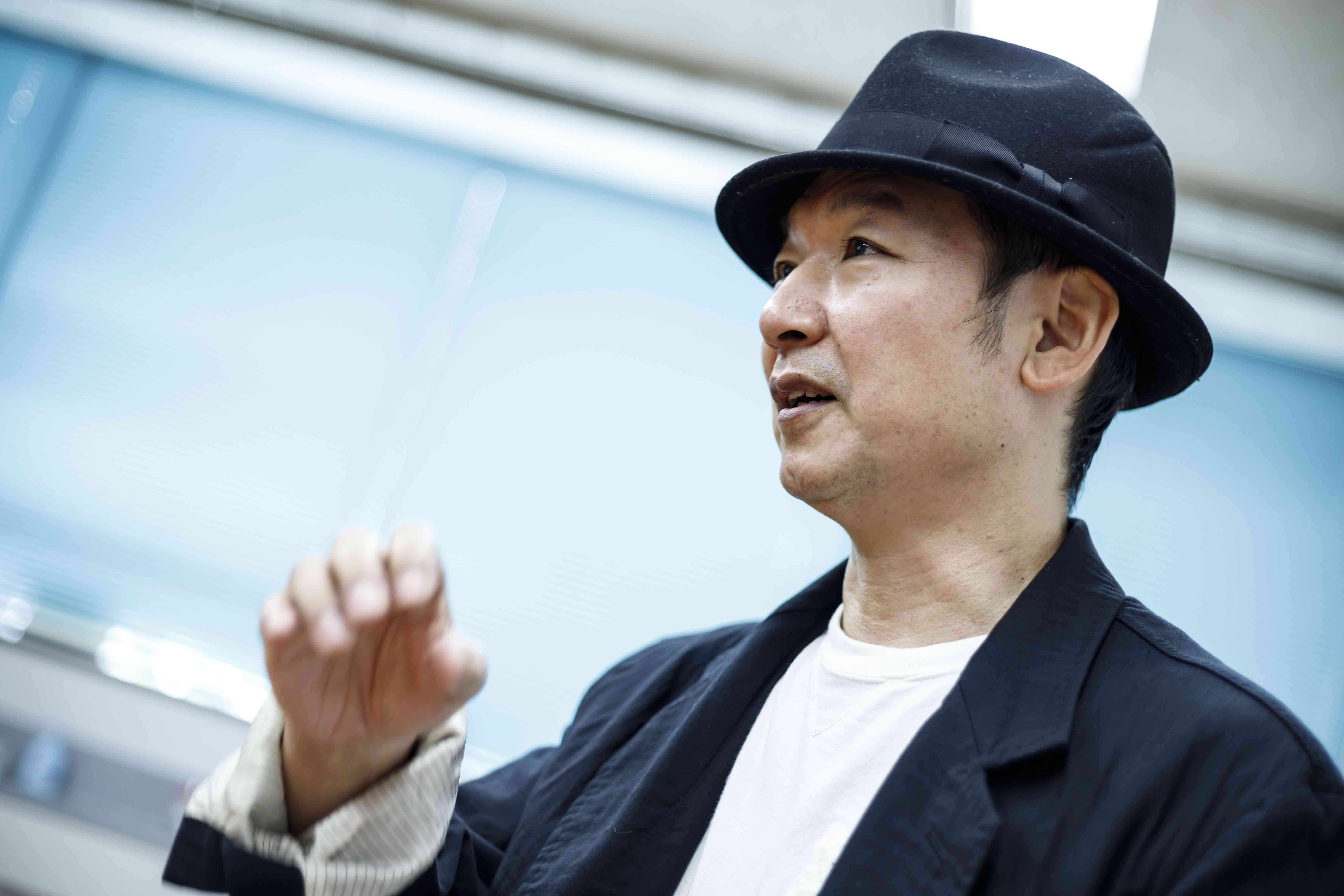
Professor Baba specializes in the study of modern Japanese history, specifically the history of local governments.
That's right. He focused on the fact that he lived in Tsurumi for most of his life and organized the materials from the perspective of "an actor with ties to Kanagawa." I'm sure it was a task that required a considerable amount of time and effort, but in the end, we were able to present not just a retrospective of my father alone, but an exhibition that offers a bird's-eye view of the flow of popular culture from the postwar period through the Showa and Heisei eras. I'm truly grateful to Professor Baba for making the exhibition enjoyable even for younger generations who don't know much about my father.
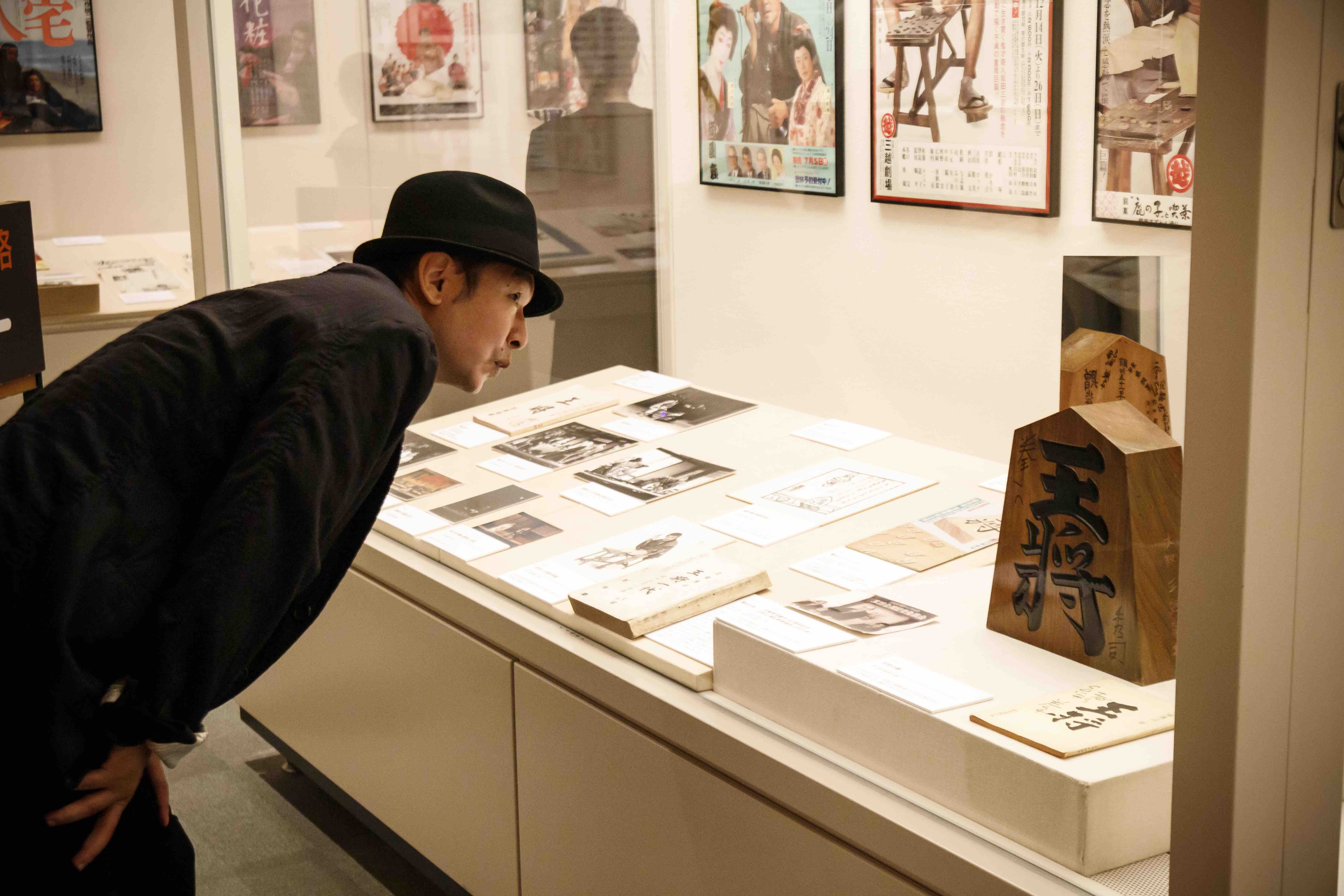
Now most of the belongings have been sorted out.
No, it's still only about two-thirds of the total (laughs). There are still cardboard boxes piled up in the attic that haven't been opened yet. They're filled with letters and photos, so if I sort them out, I might be able to get a sense of the times through the connections and friendships between people. This will no doubt be a difficult task, so I'll be patient and think about it (laughs).
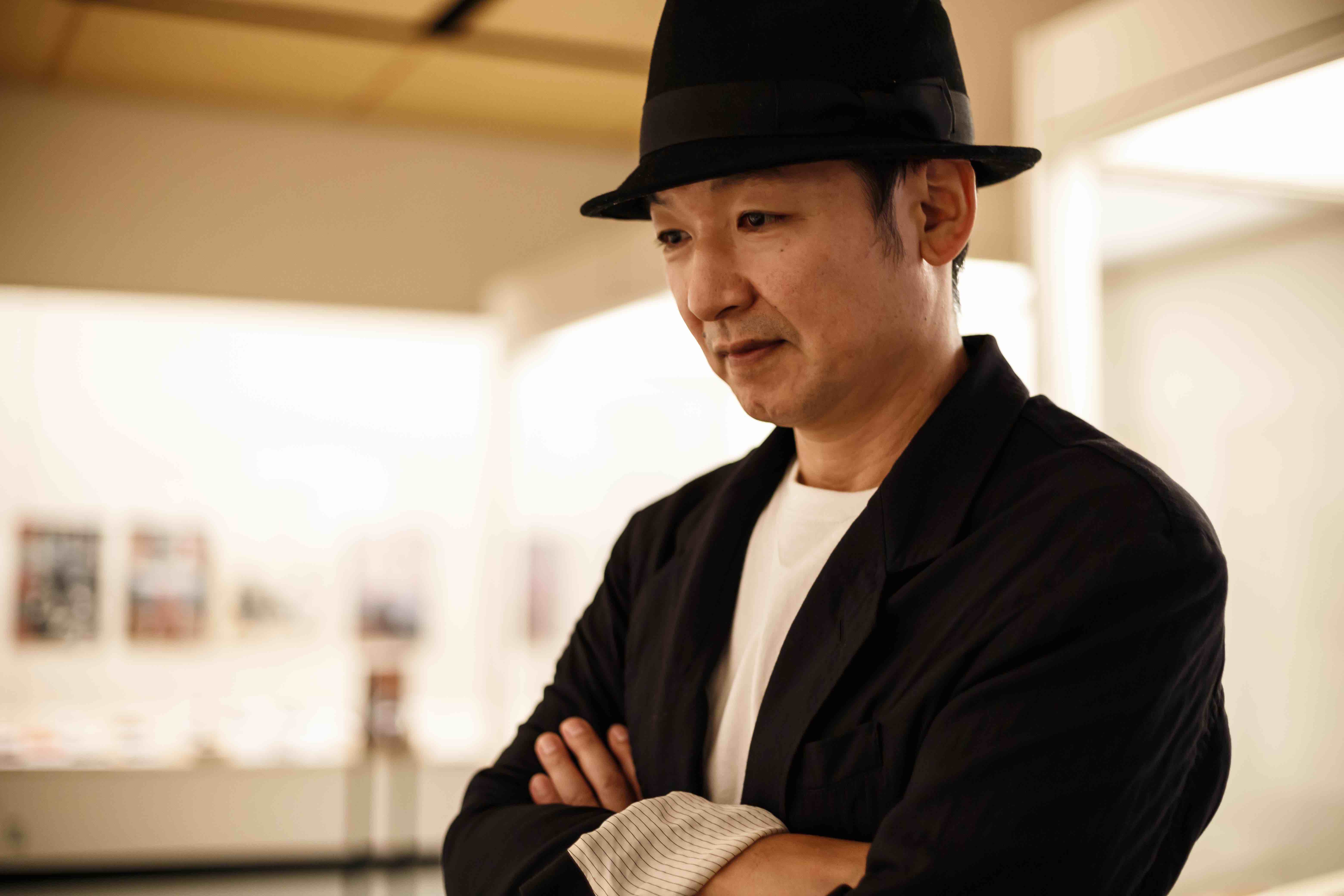
Did you write the title of the exhibition?
That's right. I started calligraphy by chance about five years ago, and it was so much fun. Since the start of the Reiwa era, I've taken on a pen name and have been active in the field. I'm happy to have been able to collaborate with my father in this way.
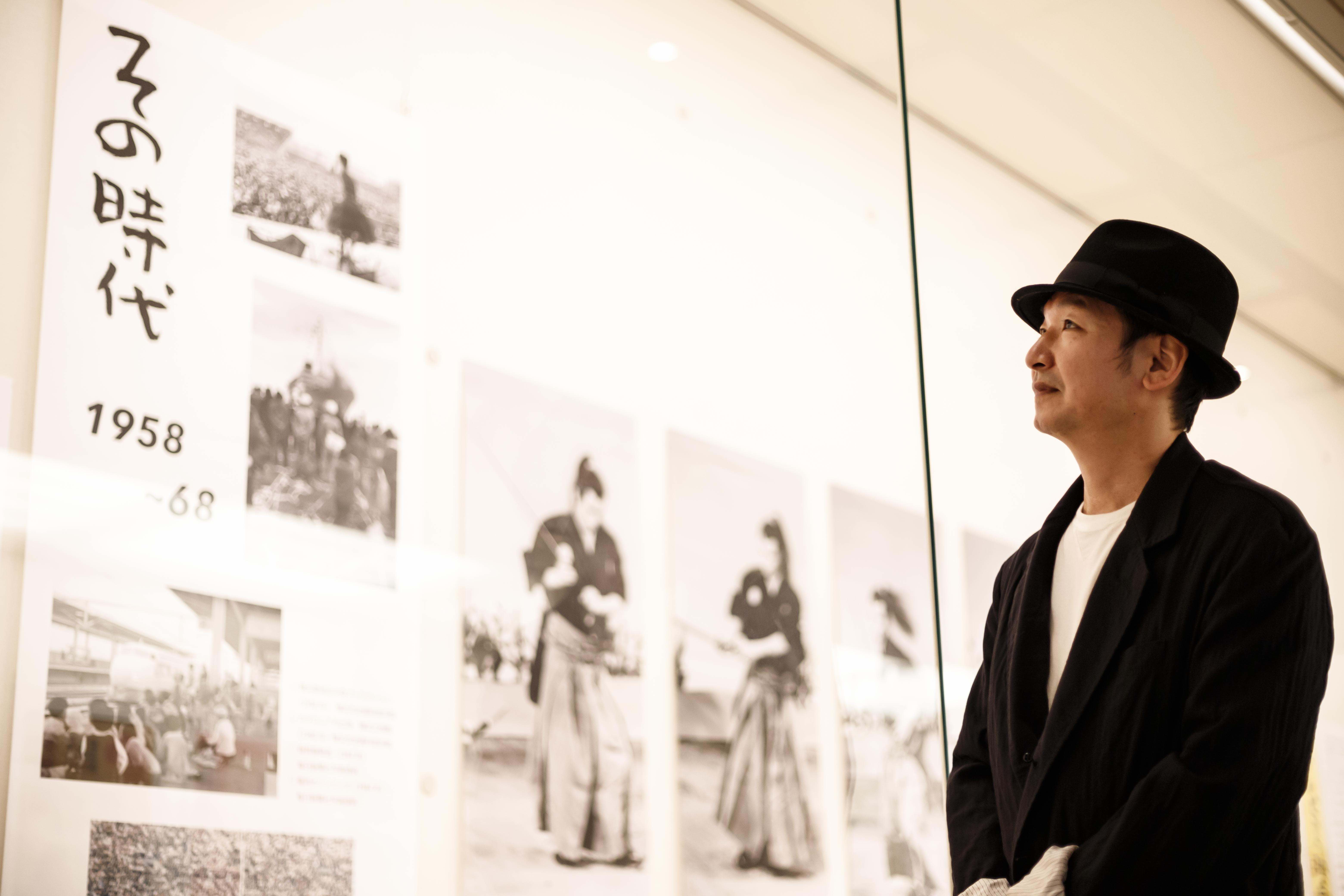
Did your father influence you to take up calligraphy?
What do you think? My father was a completely self-taught writer, and I didn't have a teacher either. I sometimes use his calligraphy as a model, but when he was alive I had no interest in it...or rather, I didn't like calligraphy.
I think it was when I was in the third grade of elementary school. My father came home from school while I was writing my New Year's calligraphy homework and asked me, "What's your favorite character?" I answered "wind" on a whim, and he told me to write it, but no matter how many times I wrote, he would just say, "No, that's not it," or "One more time," and I was so frustrated that I broke down in tears. Looking back, my father was busy and sometimes came home early, so maybe he was trying to communicate with us as children, but I was only in the third grade of elementary school at the time. That incident left me traumatized, and I hated calligraphy, and I never tried again until a few years ago.
Now I enjoy calligraphy, so perhaps my father guided me in some way.
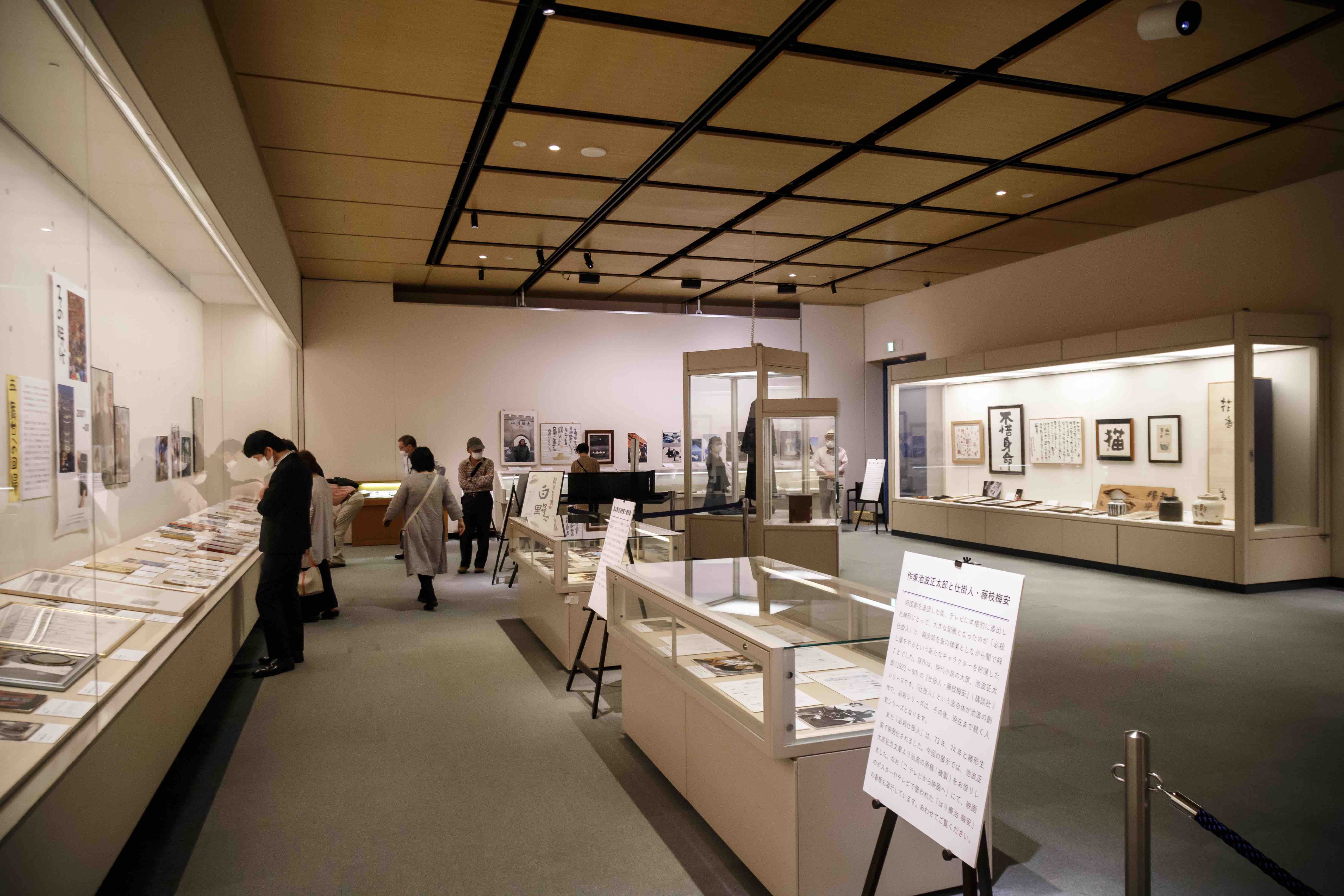
We also spoke with Professor Baba Hiroomi of Tokai University, who supervised this special exhibition.
Since his debut at Shinkokugeki Theater, Ogata Ken remained a top star throughout the turbulent period spanning the post-war period and the 21st century. What enabled him to remain active until the end? Sorting through his belongings from this perspective, we realize that looking back on his life, which began as a stage actor at major theaters and progressed to the dawn of television dramas and films, is like tracing the trajectory of post-war popular culture and gaining a bird's-eye view of the transformation of media. As television dramas reached their peak, he expanded his field of activity to include documentaries and also appeared on small theater stages. This may be a sign that he was always true to his interests.
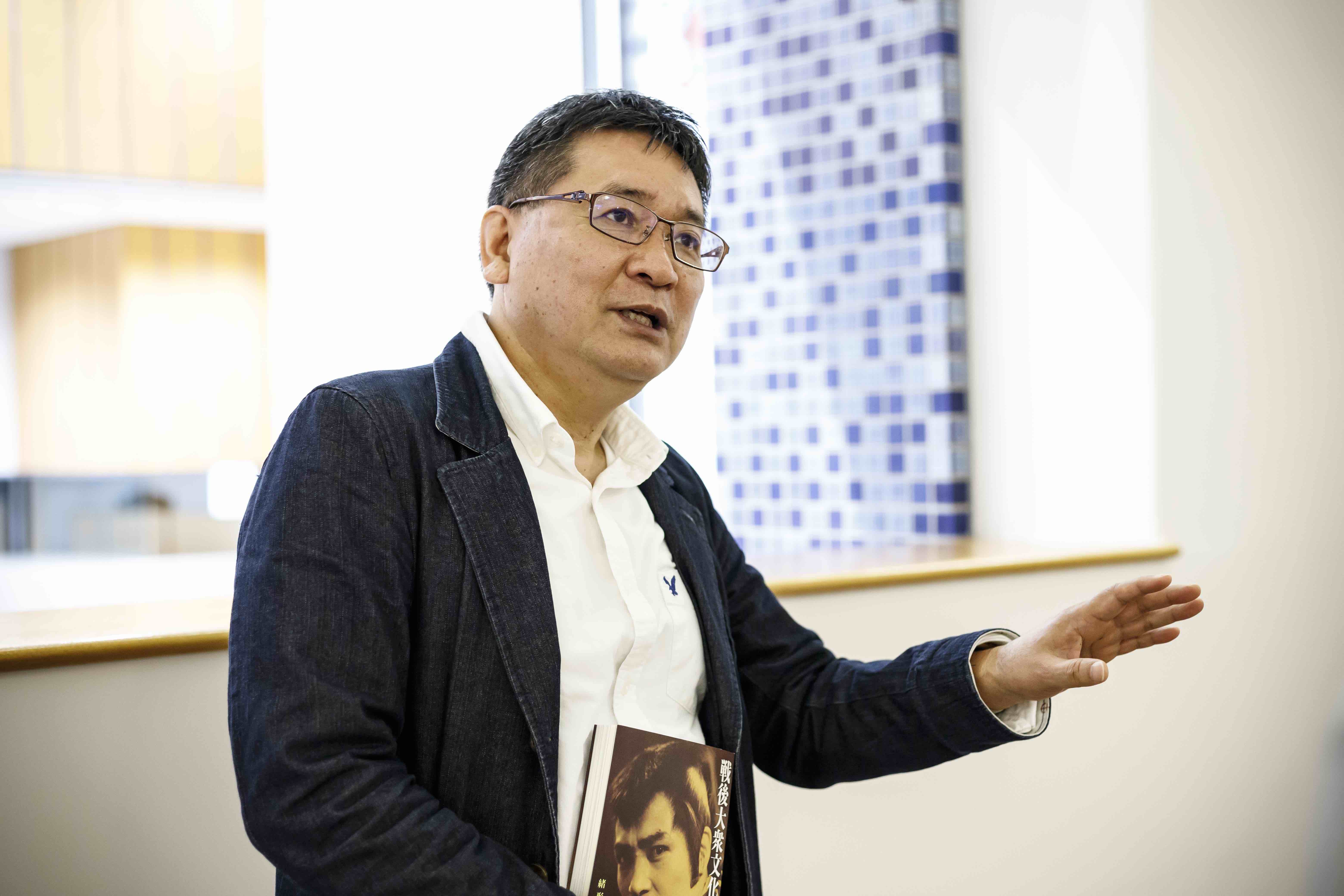
At the same time, I find his true nature as a citizen fascinating, as he lives in Tsurumi, Yokohama, and frequents local restaurants with his family.
The COVID-19 pandemic has had a devastating impact on popular culture, including the theater, and we are now faced with a need for fundamental change in traditional ways. We hope that this exhibition will serve as an opportunity to explore new directions in this field and provide encouragement to those who perform and watch.
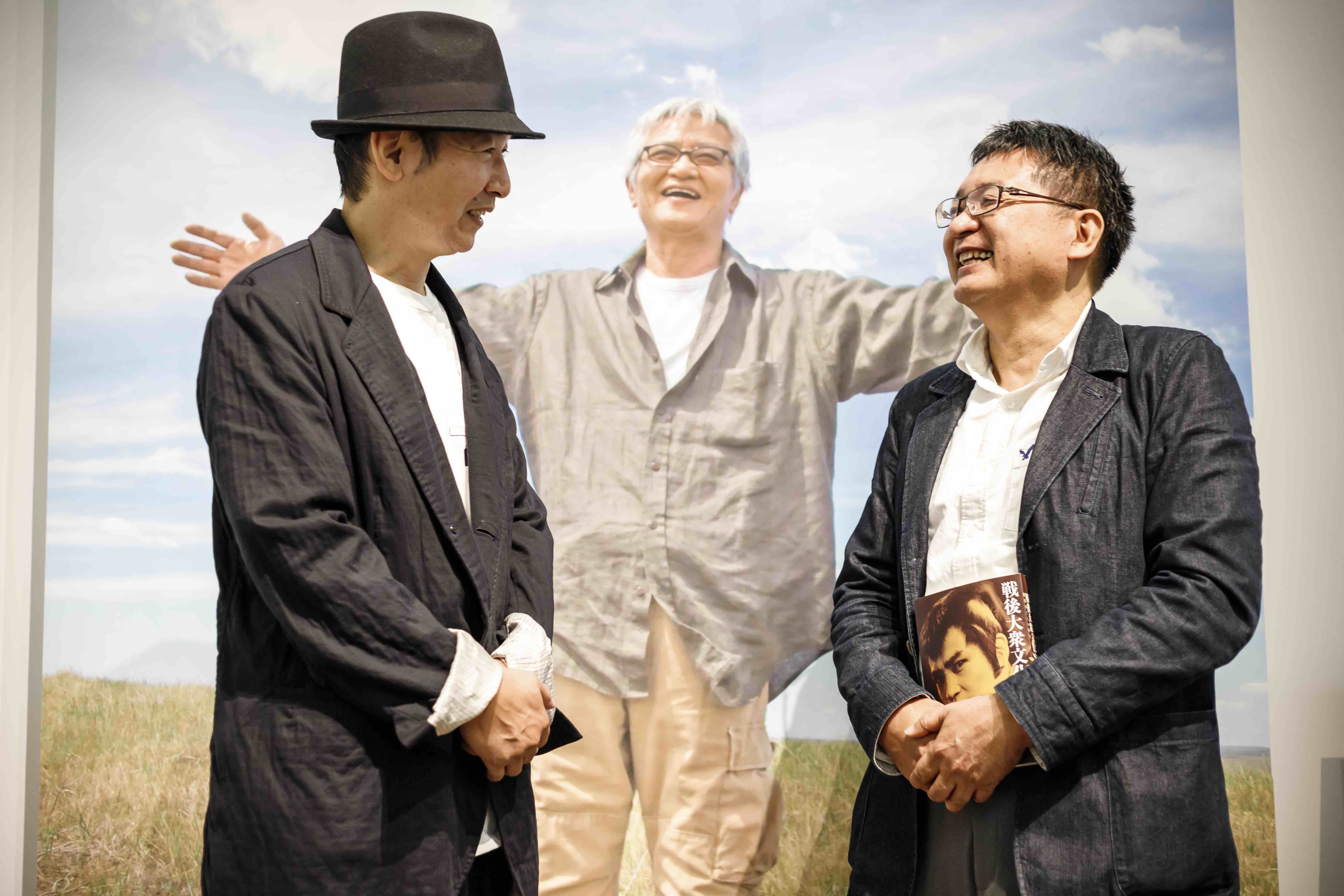
"Actor Ken Ogata and his era"
[Dates] Saturday, October 3rd - Sunday, December 6th
[Opening hours] 9:00-16:30 (ticket sales until 16:00)
[Venue] Yokohama City Museum of History
[Closed] Mondays (except November 23rd ), November 24th
[Admission fee] Adults ¥500 / High school and university students ¥300 / Elementary and junior high school students, Yokohama city residents 65 and over ¥ 100
**********************************
Applications for this giveaway have now closed. Thank you very much for your many applications.
[Gift application details]
We will give away tickets to the exhibition "Actor Ogata Ken and His Era," currently being held at the Yokohama City Museum of History (until Sunday, December 6, 2020), as well as original exhibition merchandise. Please choose one item and apply.
[A] Admission tickets for 5 groups (10 people)
[B] Ken Ogata postcard set (5 winners)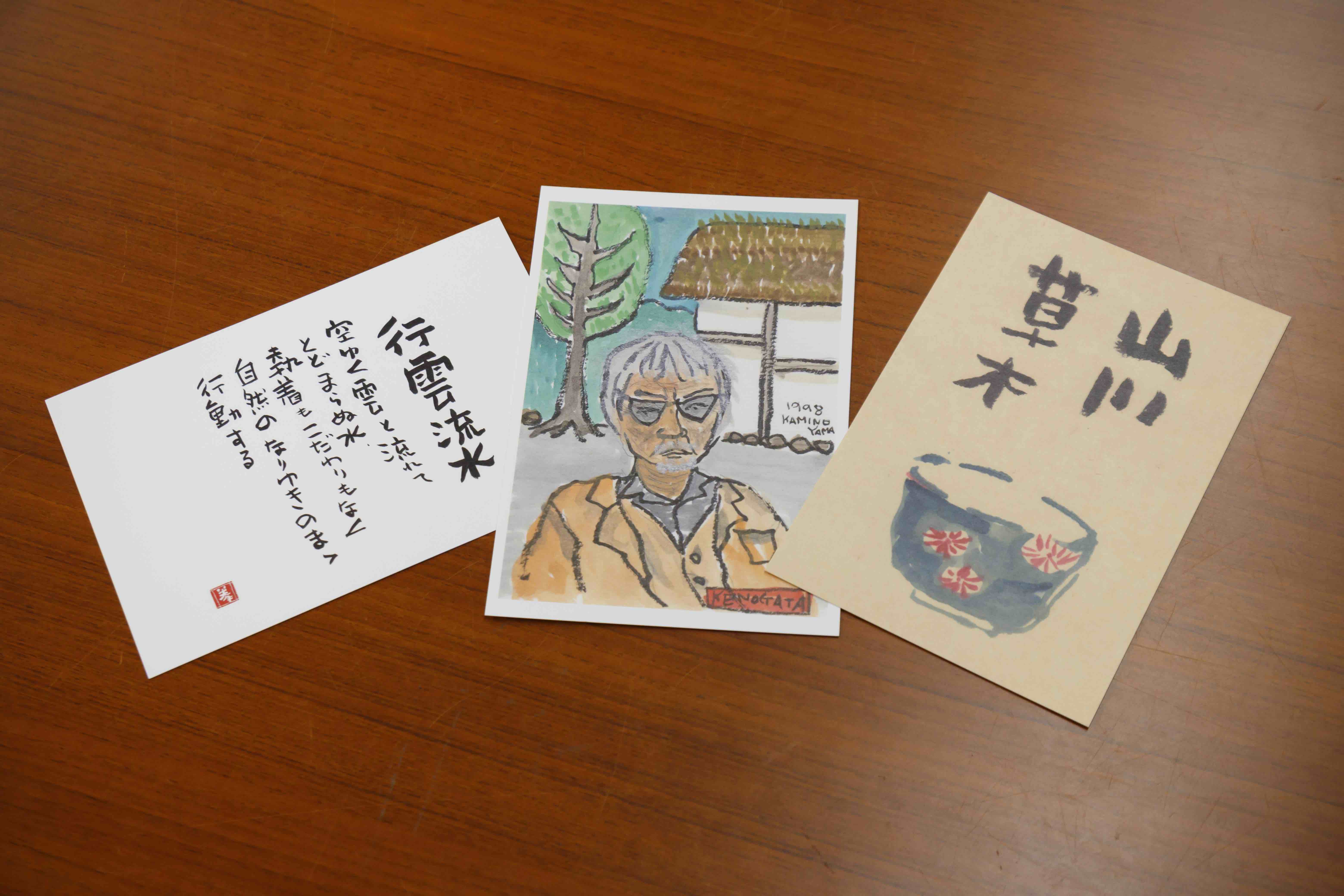
[C] Original staff T-shirt, size S, for 1 person
[D] Original staff T-shirt, size M, for 1 person
[E] Original staff T-shirt, size L, for 1 person
[F] Original staff T-shirt, size XL, for 1 person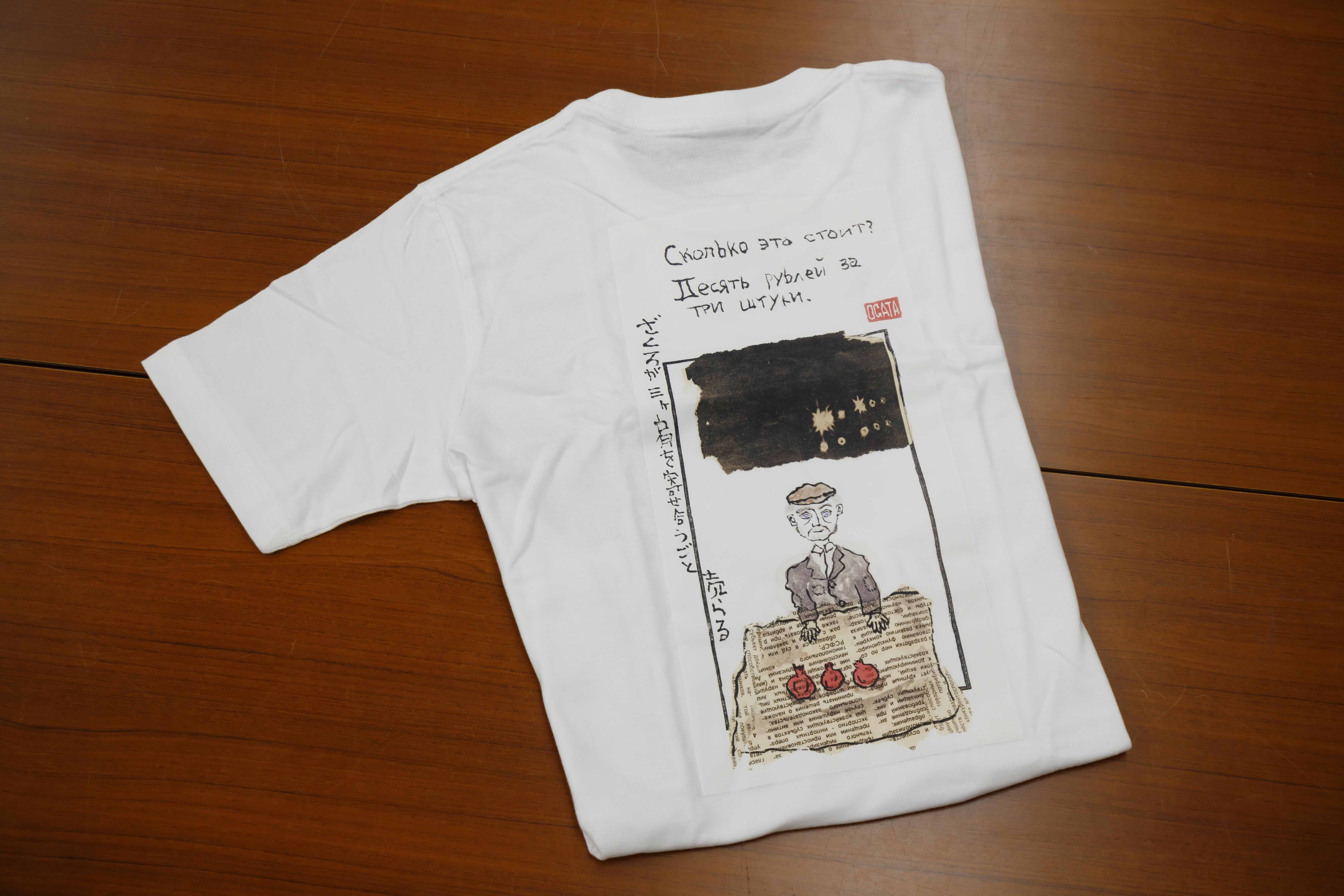
[How to apply]
If you are interested, please choose one option from the application form below and submit it. We look forward to receiving your application.
[Application Deadline]
Until 23:59 on Friday, November 6th
[Lottery and Winner Announcement]
Winners will be notified by the shipping of tickets, merchandise, etc. (These will be mailed by the Kanagawa Prefectural Cultural Affairs Division.)
*If we are unable to deliver tickets, merchandise, etc. to the winner due to an unknown address change, the prize will be invalidated.
*The personal information you provide will not be used for any purpose other than the lottery.
